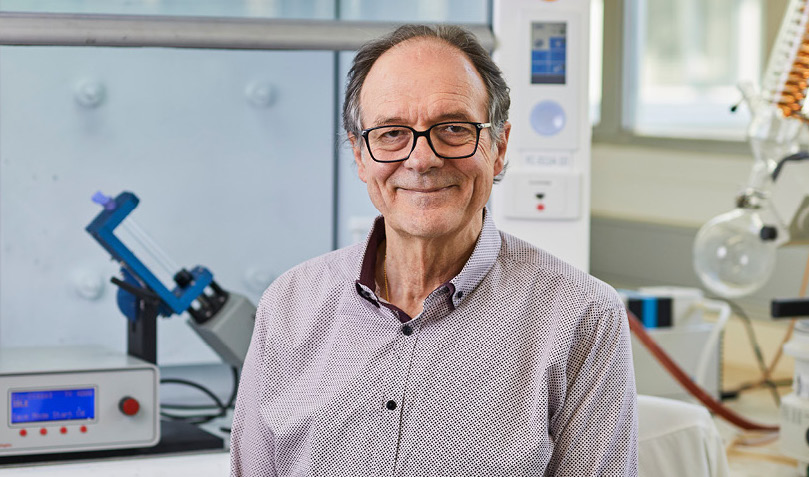
The American founding fathers of green chemistry – the movement aiming for more sustainable forms of chemical processing and production – will be examining global progress in the field at an Australian conference this week.
Professor Paul Anastas from Yale University and Professor John Warner will present at the 1st Australian Conference on Green and Sustainable Chemistry and Engineering in Cairns, which runs from 2-5 July and is being co-chaired by Flinders University Professor in Clean Technology Colin Raston.
Dr Anastas and Dr Warner co-authored the groundbreaking 1998 book, Green Chemistry: Theory and Practice, in which the 12 Principles of Green Chemistry outlined a philosophy that has motivated academic and industrial scientists and continues to guide the green chemistry movement.
Professor Raston says green chemists and engineers are working to take their research and innovations out of the lab and into the boardroom through the creation of viable products that can be embraced by industry leaders.
“The planet relies on more sustainable solutions – from affordable, clean energy, water and agriculture, to environmental remediation, waste reduction and recycling and more responsible and clean chemical production,” says Professor Raston.
“Green chemistry is part of the main drivers of change in combating climate change, biodiversity and resource decline – and it could even help change the way we live, think and work.”
Flinders University Professor Mats Andersson, director of the Institute for Nanoscale Science and Technology, will present a keynote address on his green chemistry research which includes developing a new active antifouling technique that relies on electrochemical activity of conducting coatings.
“This is a green way of preventing biological growth on ship hulls and other surfaces without the release of harmful biocides, such as harmful copper compounds, into harbour water and other environments,” says Professor Andersson, an expert in organic chemistry and polymer technology who also works on more sustainable solar cell manufacturing.
Fouling, or growth of often invasive organisms on ship hulls, is a serious hazard for marine environments and is also a serious problem that can dramatically increase fuel consumption for freight transportation at sea.
“We have developed a new active coating technique that can significantly reduces biofouling – including under real marine growth conditions in the Port River in Adelaide – and are proving highlight efficient against marine growth under certain conditions.”
Professor Andersson’s study is part of the ARC Training Centre for Biofilm Research and Innovation.

